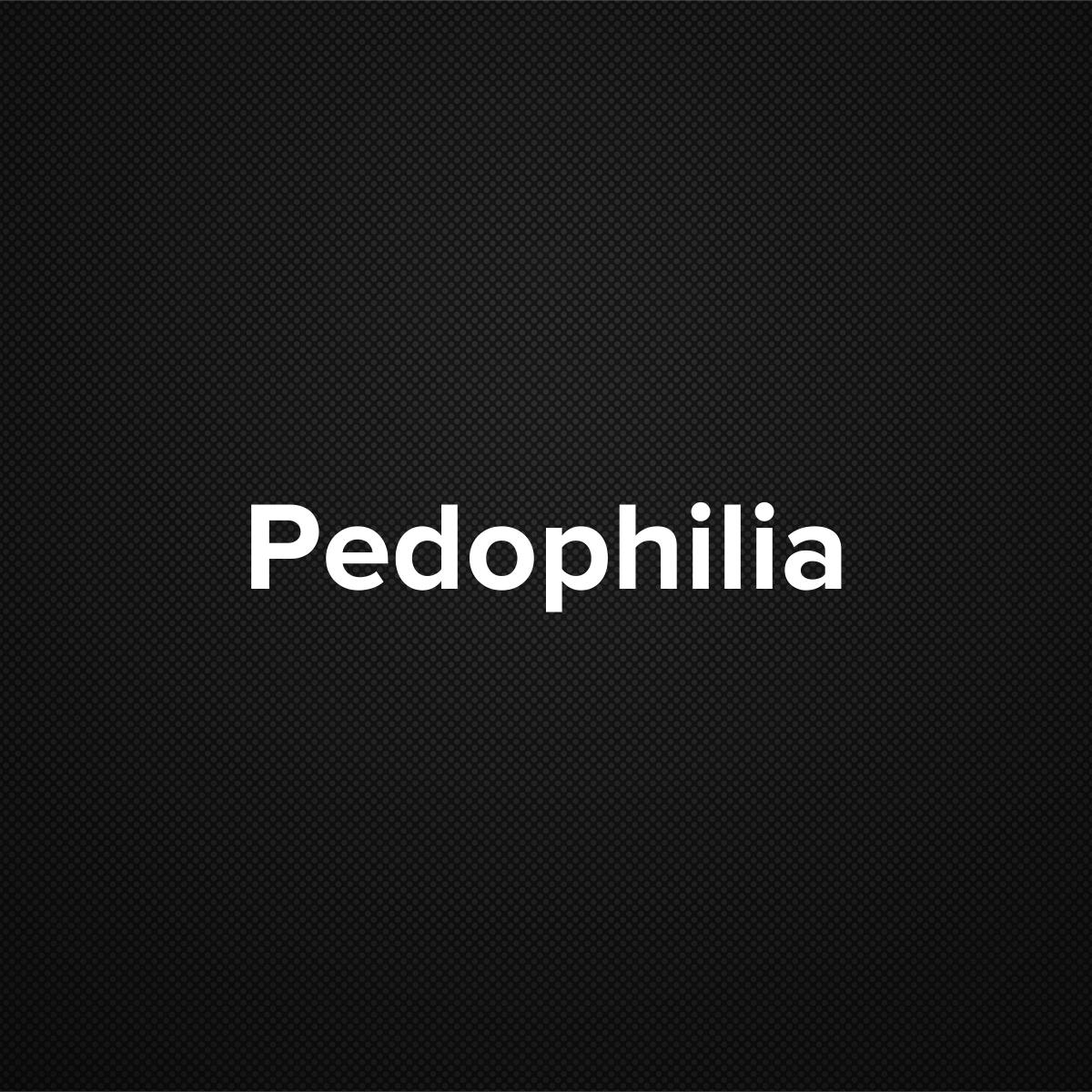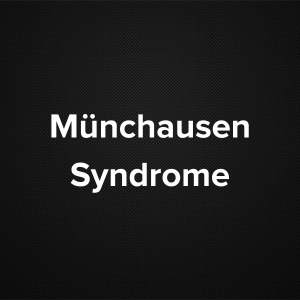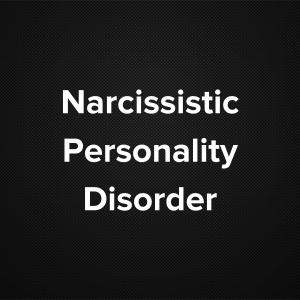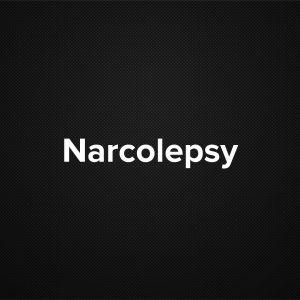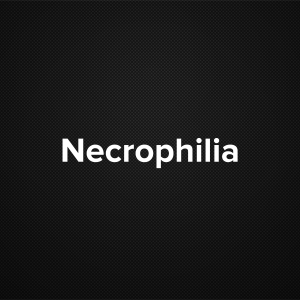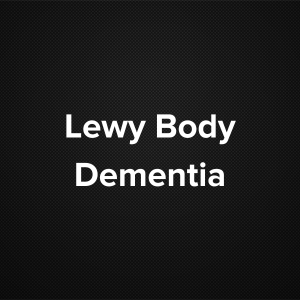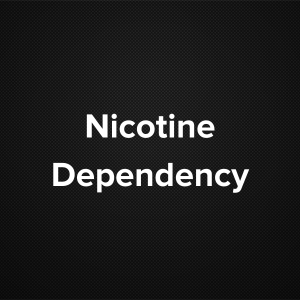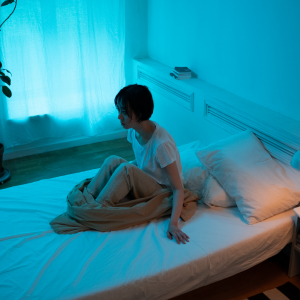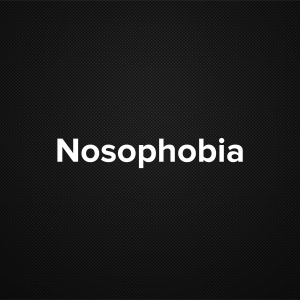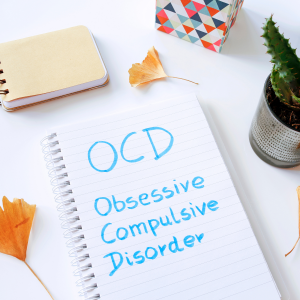Causes and risk factors
There is no definite cause of this disease. Some psychosocial factors may be responsible for pedophilia like being sexually abused in his/her childhood. A person who has never matured psychologically may be the risk factor.
Clinical presentation
There are sexual fantasies, sexual urges on seeing prepubescent children [less than thirteen years age]. Pedophilia involves sexual contact with a child at least 5 years younger than the pedophile, with the pedophile being at least 16 years of age or older. Pedophilia involves boys, girls, or both sexes of children. The activities are limited to incest [sexual relations with close relatives], non-incest, or both. Sexual interest in children is either exclusive, i.e., only being sexually attracted to children and not being attracted to adults or non-exclusive, i.e., attracted to both children and adults. Pedophilia often begins in the early to middle teens and generally persists throughout adulthood. Pedophiles, like other paraphiliacs, do not plan to develop a paraphilic interest, but appear to do so by default. At younger ages they fail to appreciate the relevance of their sexual interest in young children. However, by the time they reach their early twenties, they begin to perceive that their sexual interest in children has persisted despite their maturity, and are shocked by the realization that they are sexually aroused by children. As a youth, a pedophile can easily associate with children without drawing attention to him/her. Some pedophiles love children and attempt to help them in a variety of circumstances, without ever intending to sexually molest or harm them. Many put themselves in close proximity to children by participating in youth work. Other pedophiles establish relationships with children in their communities or neighborhoods and can thereby avoid detection while developing a relationship with a child. Being alone and isolated with the child eventually allows the pedophile to initiate sexual touching without detection. Most pedophiles molest children well known to them; only about 10 per cent molest children who are strangers.
Investigations
Medical history by the patient and clinical evaluation by the psychiatrist or psychologist helps in diagnosis. Pedophilia must be distinguished from child molestation. From an early age, pedophiles have a sexual interest in children which is compulsive and recurrent in nature. Not all pedophiles are child molesters, although the majority are.
Treatment
Treatment involves psychotherapy. It involves behavioral techniques, cognitive behavioral techniques, and psychoanalytical techniques. Psychological counseling is helpful. Medications such as antidepressants or antipsychotic drugs will also help in managing pedophilia. Spiritual and religious approaches are also effective in its treatment.
Other Modes of treatment
The other modes of treatment can also be effective in treating pedophilia.
Homoeopathy is a science which deals with individualization and considers a person in a holistic way. This science can be helpful in combating the symptoms.
Complications
Complications such as leading to crimes like child molestation, child abuse, etc.
When to Contact a Doctor
One must help the pedophile consult a doctor if he/she sees a person who is sexually attracted to children.
Systems involved
CNS
Organs involved
Brain
